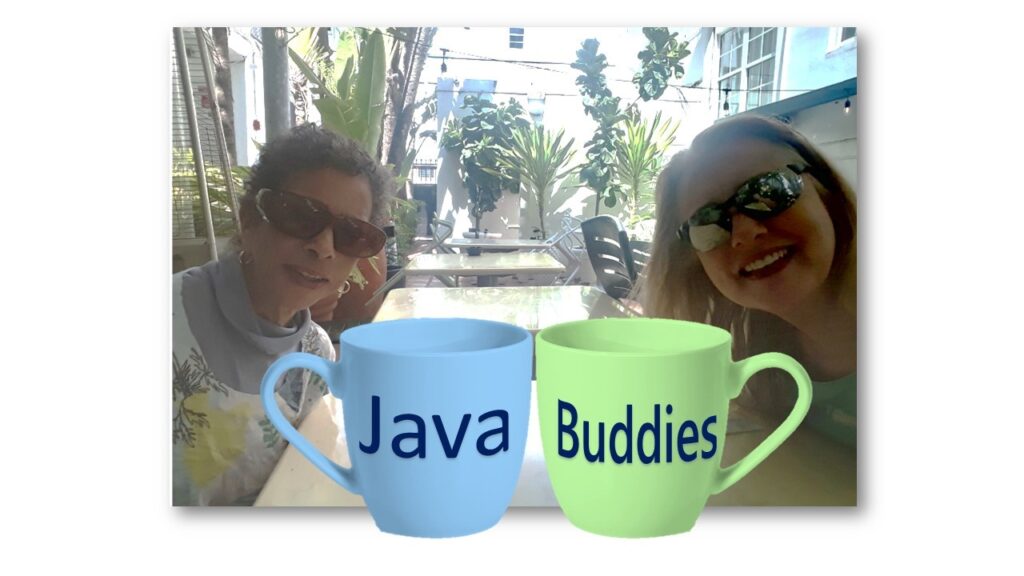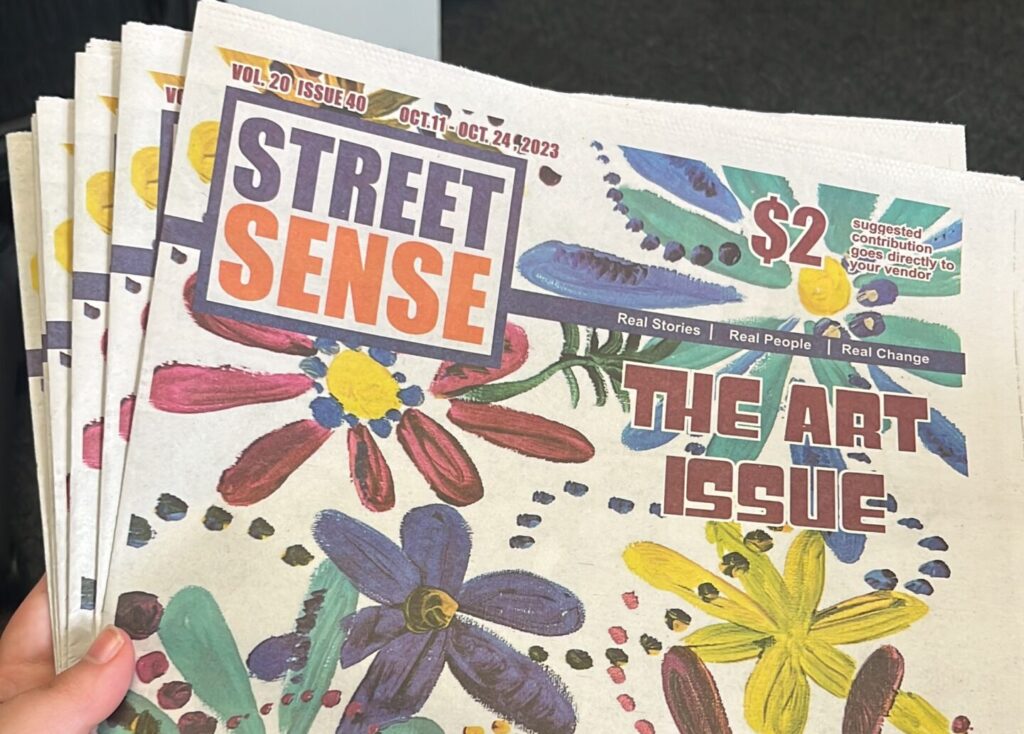More than 100 people gathered at the Church of the Epiphany for the Mass Poor People’s and Low-Wage Workers Assembly on March 2 as part of a day of nationally coordinated direct action to draw attention to policies that worsen poverty.
Organized by the Poor People’s Campaign, people in 32 state capitals and D.C. joined together to call on leaders to listen to poor and low-wage people.
Despite the gloomy weather in the District, the energy was palpable. As the program opened with speeches from organizers, attendees roared with cheers and applause. Although the rain did not let up, participants and organizers later walked to the Wilson Building, where the Executive Office of the Mayor and the D.C. Council offices are housed, to deliver the demands of the Poor People’s Campaign, including prioritizing voting rights, living wage laws and a robust social safety net.
“Today is not just a day. It is the beginning of 40 weeks of mobilizing poor and low-income voters in the D.C. area,” Zillah Wesley, one of the tri-chairs of the D.C. Poor People’s Campaign, told the crowd. “This primary season, we are waking up the sleeping giant.”
Engaging poor and low-wage voters around an anti-poverty agenda has been central to the work of the Poor People’s Campaign, which Wesley said was “non-partisan but deeply political.” Each speaker emphasized the collective potential poor and low-wage eligible voters have to sway election outcomes. D.C. is home to 148,000 poor and low-income eligible voters, who comprise 21.5% of the electorate, according to the campaign’s 2020 statistics.
Organizers, however, pointed out that this potential had been untapped because poor and low-income voters have felt discouraged from voting because of political campaigns that do not speak to issues of poverty.
“A lot of poor and low-wage people don’t vote not because they don’t care,” Liz McNichol, one of the tri-chairs of the D.C. Poor People’s Campaign, said in her speech. “The number one reason poor and low-wage people don’t vote is because no one talks to them or includes their issues in public political debates.”
By mobilizing poor and low-wage people to vote, McNichol said “they can change election and political outcomes.” The Poor People’s Campaign aims to make its power felt through voting.
“We are not an insurrection of hate and destruction, we are a resurrection of power and purpose,” Michele Dunne, another organizer, said to rousing applause. “We are challenging the fact that poverty is the fourth leading cause of death in America.”
Dunne was referring to a 2019 University of California, Riverside study, which found people in poverty have much higher rates of death compared to wealthier people with financial stability. Organizers reiterated that long-term poverty was responsible for more than 800 deaths a day across the country, as revealed in the study.
Several organizers described poverty as a problem of “policy violence.” Madison Crum, media coordinator for the D.C. Poor People’s Campaign, called out the inequitable distribution of D.C.’s budget, which he felt neglected the harsh realities faced by poor and low-wage people.
“We often get told that the economy is strong. That unemployment is down and the stock market is up,” Crum said. “It is curious that the mayor’s office is projecting 10% cuts across the board to social services and education.”
Mayor Muriel Bowser’s proposed budget for the 2024 fiscal year was criticized for underinvestments in housing programs and social services like the Emergency Rental
Assistance Program (ERAP) and the Supplemental Nutrition Assistance Program (SNAP). ERAP provides relief for tenants behind on rent payments for a limited time and has been a tool to prevent evictions. SNAP offers a monthly allowance for eligible families to purchase food.
Bowser proposed to cut ERAP’s funding by 80% to $8.2 million, before the D.C. Council restored funding to $43 million. Bowser also initially refused to fund the Give SNAP A Raise Amendment Act of 2022 until the council threatened legal action earlier this year. These moves have drawn criticism, especially because Bowser wanted to set aside $500 million to keep the Wizards and the Capitals at Capital One Arena.
“ERAP and SNAP benefits are exhausted too soon, and the mayor and council obsess over downtown instead of the consistently underinvested areas,” Crum added.
After these speeches, a panel of testifiers and representatives from partner organizations shared their lived experiences of poverty and working with people in poverty. One of them was Lark Yasmin, who recounted how she had lost her job, her mother and her childhood home during the pandemic.
“It is sad to say that we call poverty such a dirty word, and I wish we would call the rich and the billionaires the same,” Yasmin said. “We are being priced out, this city is so unaffordable.”
Bringing together organizers and participants of all backgrounds under the unified cause of ending poverty, the Poor People’s Campaign was personal for many participants.
“Poor People’s Campaign, to me, embodies the positive side of the anti-war movement,” Juliana Barnet, a longtime organizer who attended the Poor People’s March on Washington that culminated in Resurrection City in 1968, said in an interview with Street Sense Media. “Not positive in that it is better, but positive as in what we want to see instead of money pouring into war and destruction”
Even against a backdrop of obstacles, attendees remained rooted in community. Organizers guided attendees in three call-and-response songs: “Which Side Are You On?” “There Is Mean Things Happening in This Land” and “This Little Light of Mine.” In canorous unison, the collective voices of organizers and attendees reverberated, filling the air in the church with a rich echo and creating a powerful atmosphere.
Music is indispensable to the work of the Poor People’s Campaign. In between speeches, attendees were engaged in protest chants and songs. In a nod to the movement’s history, attendees were taught to sing along to the song “Everybody’s Got A Right to Live,” which was first performed at the Poor People’s Campaign of 1968.
A signature call-and-response of the Poor People’s Campaign is “Forward together, not one step back.” On the steps of the Wilson Building, participants shouted out this slogan — an affirmation of their commitment to the cause.
Disclosure: Street Sense Media rents office space from the Church of the Epiphany.
Disclosure: Barnet has written for Street Sense Media. Angie Whitehurst, who spoke at the event, is also an artist and a vendor for Street Sense Media.








